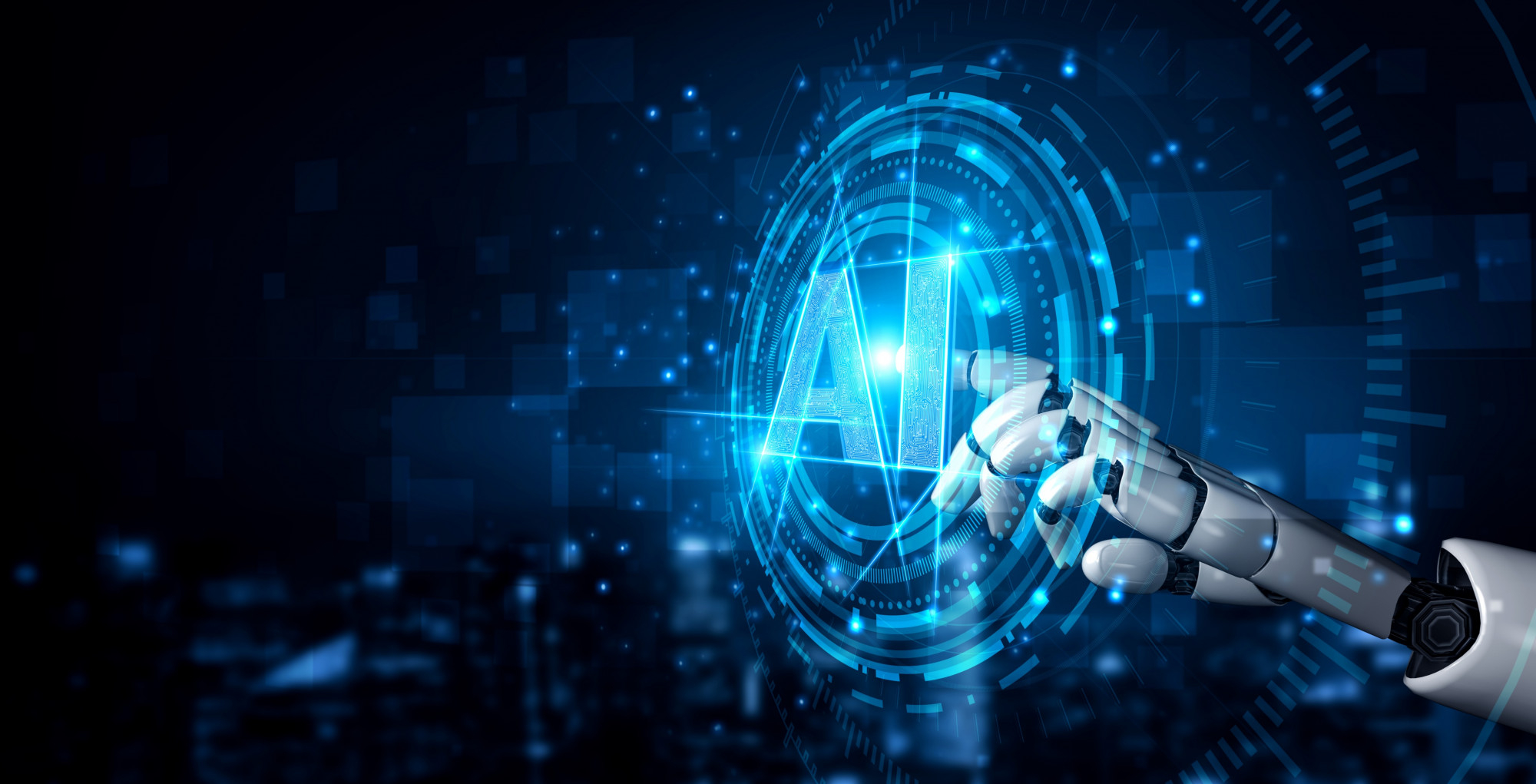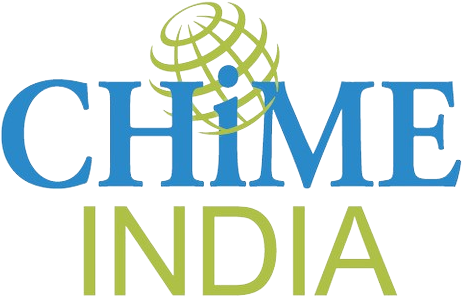Written by : Trishti Pariwal
July 11, 2023

Early disease diagnosis is among the most promising uses of AI in healthcare, as it has the potential to greatly enhance patient outcomes and save countless lives. Is India prepared to use AI for early disease diagnosis as the rest of the globe embraces this technological revolution? India, a nation with a population of more than 1.3 billion people, presents particular healthcare issues because of its size, diversified demographics, and resource limitations. However, it also has a thriving IT sector and is placing more of an emphasis on innovations in healthcare. These elements coming together create an ideal opportunity for India to embrace AI and transform illness detection.
AI-based disease detection systems make extensive use of data, including patient current information, genetic data, and medical records. These technologies can find trends, anomalies, and risk factors that human clinicians might not immediately notice by using sophisticated algorithms. This makes it possible for early detection and intervention, which may enhance treatment results and lower healthcare expenditures.
In terms of medical technology, India is already well-established. AI solutions for healthcare difficulties are currently being actively developed by numerous businesses and academic institutions. AIIMS and ICMR are two organizations that are promoting this field of study. A strong digital infrastructure has also been developed in large part, thanks to the government's Digital India project and the digitization of medical information.
In India, disease detection using AI has had some early results. The effectiveness of AI in the early diagnosis of diseases including cancer, cardiovascular problems, and diabetes has been shown in numerous pilot programs across the nation. Through these projects, it has become clear how AI may decrease the access to high-quality healthcare gap, especially in rural and underserved areas.
Despite these advancements, challenges remain. The use of AI in healthcare necessitates addressing issues with data security, privacy, and ethical considerations. Furthermore, the widespread adoption of AI may be hampered by a lack of knowledge and comprehension among healthcare experts and the general public regarding its potential and bounds.
Collaboration is required to solve these difficulties. For AI integration in healthcare to be successful, a supportive ecosystem must be developed by the Indian government, healthcare organizations, and technology firms. This entails establishing data-sharing protocols, creating strong regulatory frameworks, and funding healthcare workers' AI education and training. Further, it is critical to close the digital gap and guarantee that low-income and isolated populations have access to AI-powered healthcare solutions. Early illness detection capabilities might be made accessible to the general public using affordable and user-friendly AI-powered gadgets and telemedicine platforms, democratizing healthcare and lowering inequities.
India has a fantastic chance to use AI in early disease diagnosis and change the face of its healthcare system. The nation is well-positioned to lead this change thanks to its technological strength, expanding research capacity, and robust entrepreneurial ecosystem. However, success depends on teamwork, infrastructure spending, and forward-thinking political choices.
India must seize this chance to build a future where prompt and accurate diagnoses are available to all of its residents, regardless of their geography or socioeconomic level, as the potential benefits of AI in early disease detection become more apparent. India must welcome the revolution as it approaches to save lives and create a society with better health.
The College of Healthcare Information Management Executives (CHIME) is an executive organization dedicated to serving senior digital health leaders. CHIME includes more than 5,000 members in 56 countries and two US territories and partners with over 150 healthcare IT businesses and professional services firms. CHIME enables its members and business partners to collaborate, exchange ideas, develop professionally and advocate the effective use of information management to improve the health and care throughout the communities they serve. CHIME's members are chief information officers (CIOs), chief medical information officers (CMIOs), chief nursing information officers (CNIOs), chief innovation officers (CIOs), chief digital officers (CDOs), and other senior healthcare leaders. The CHIME India Chapter became the first international chapter outside North America in 2016 and is now a community of over 70+ members in India. For more information, please visit www.chimecentral.org
